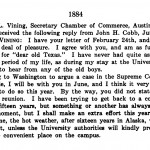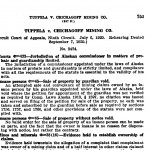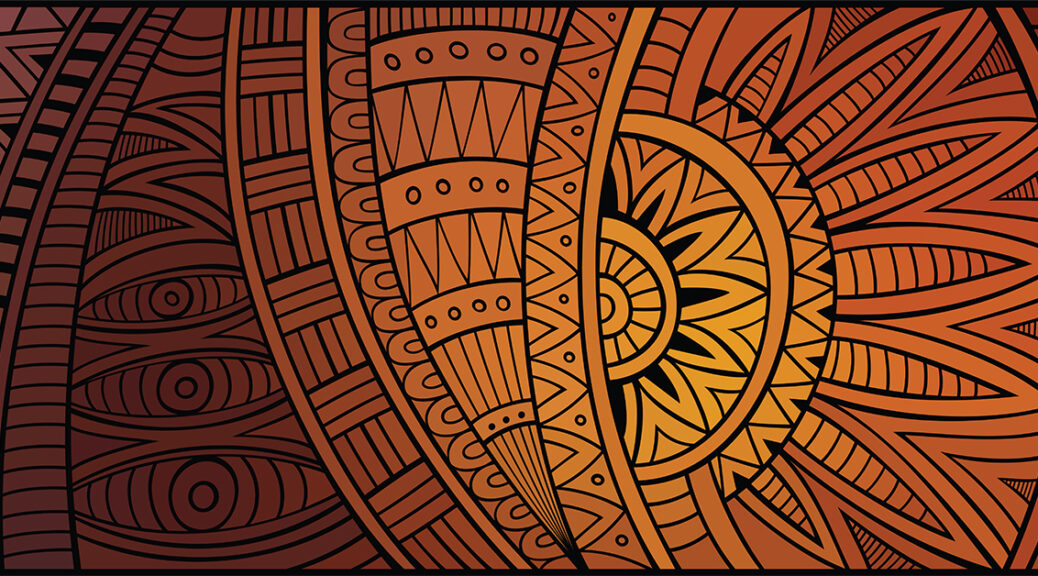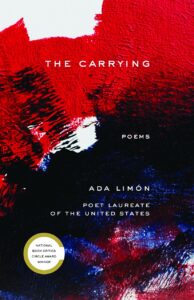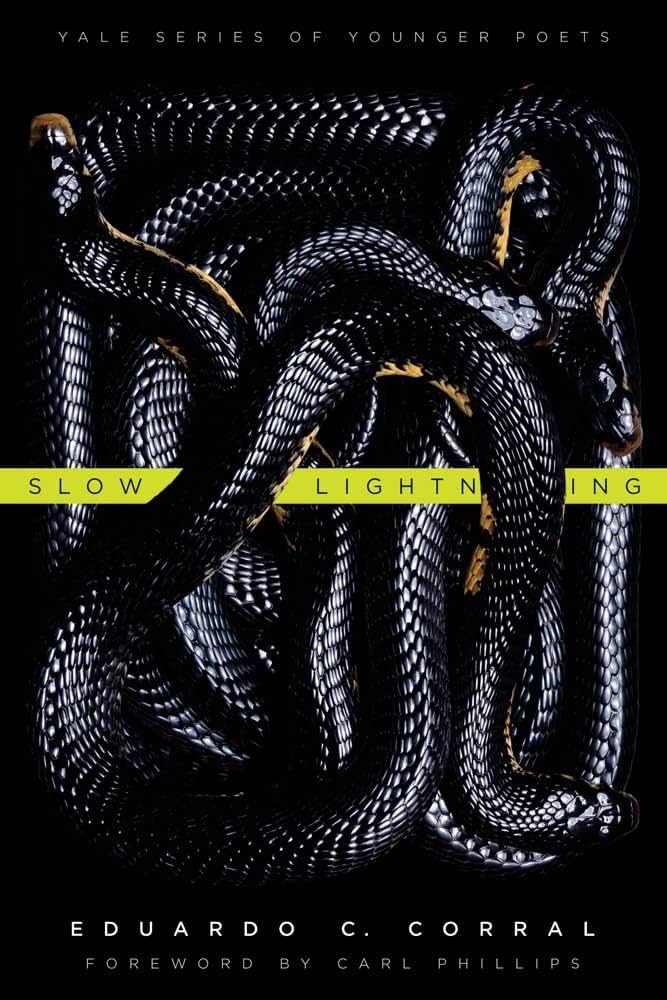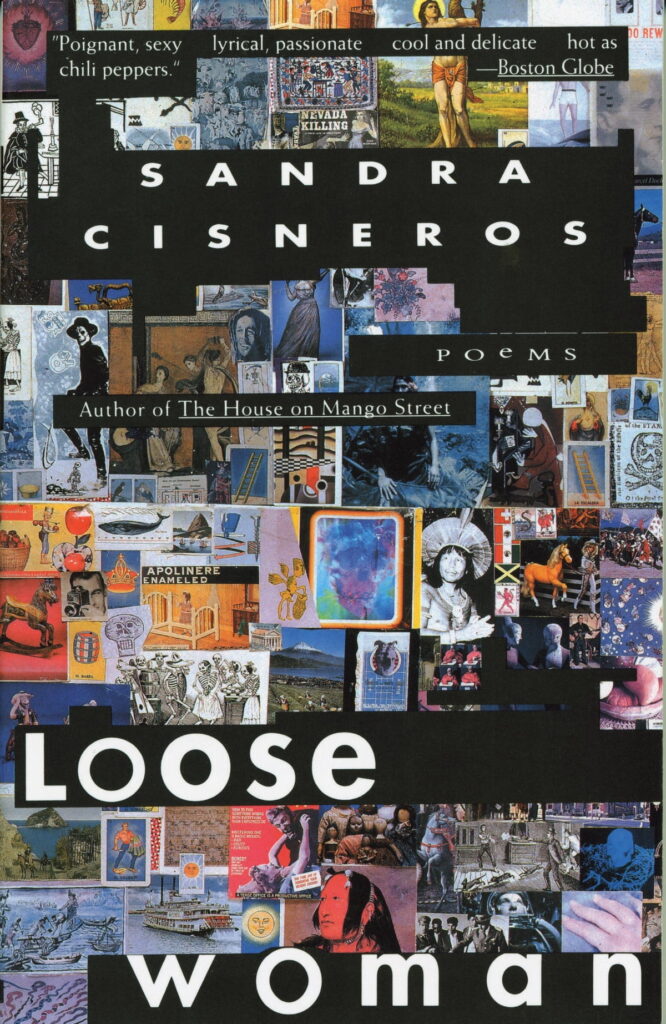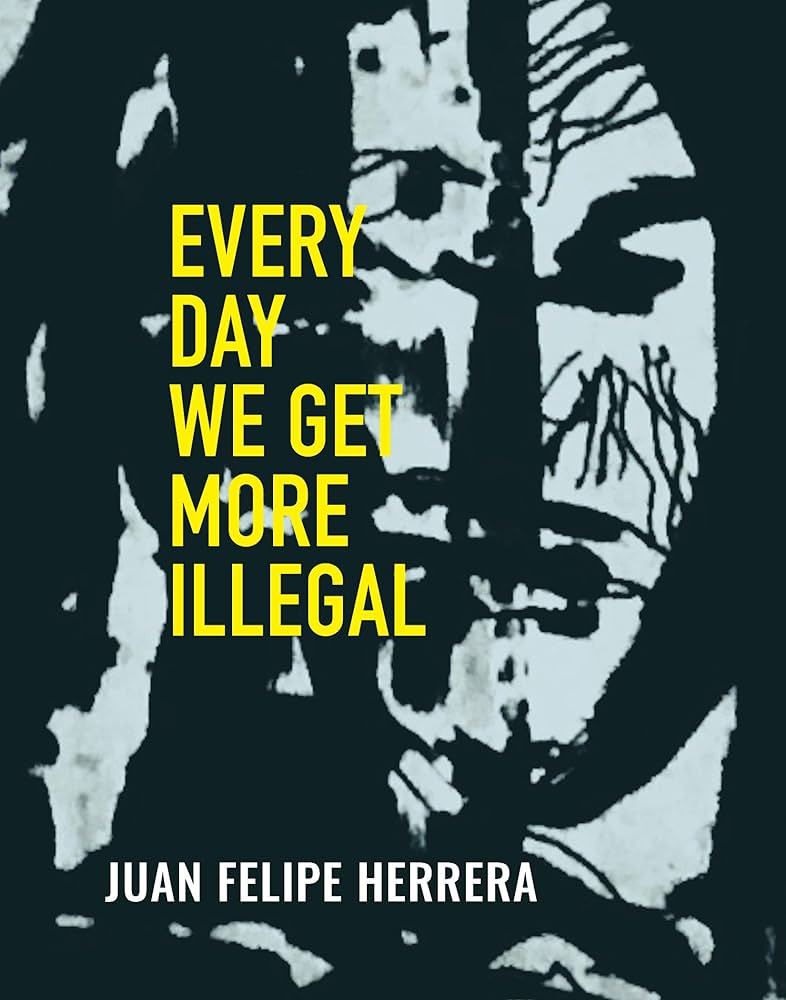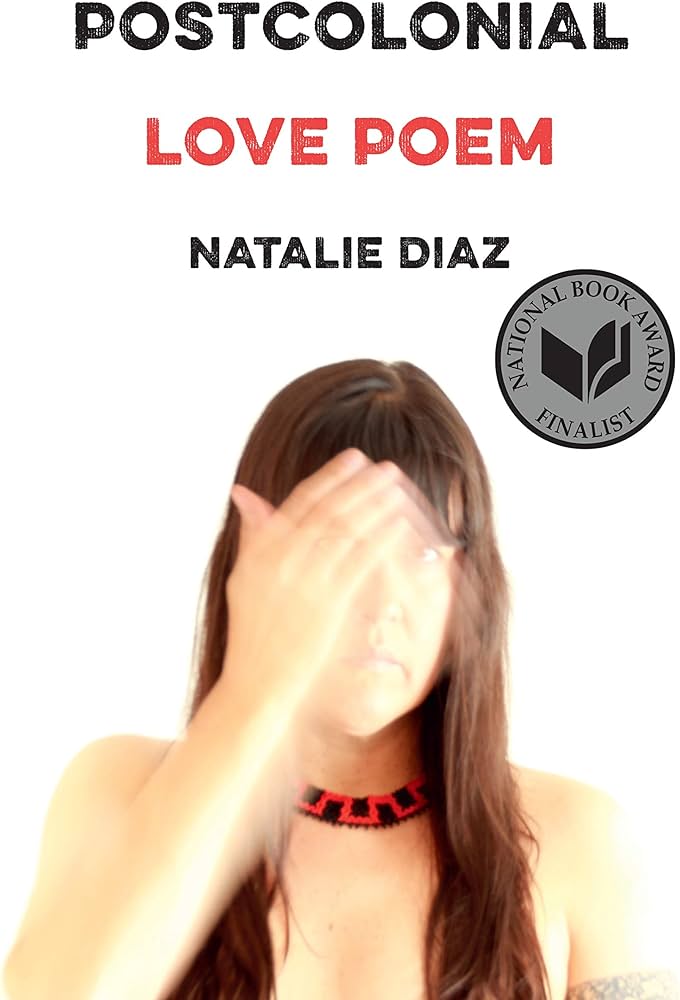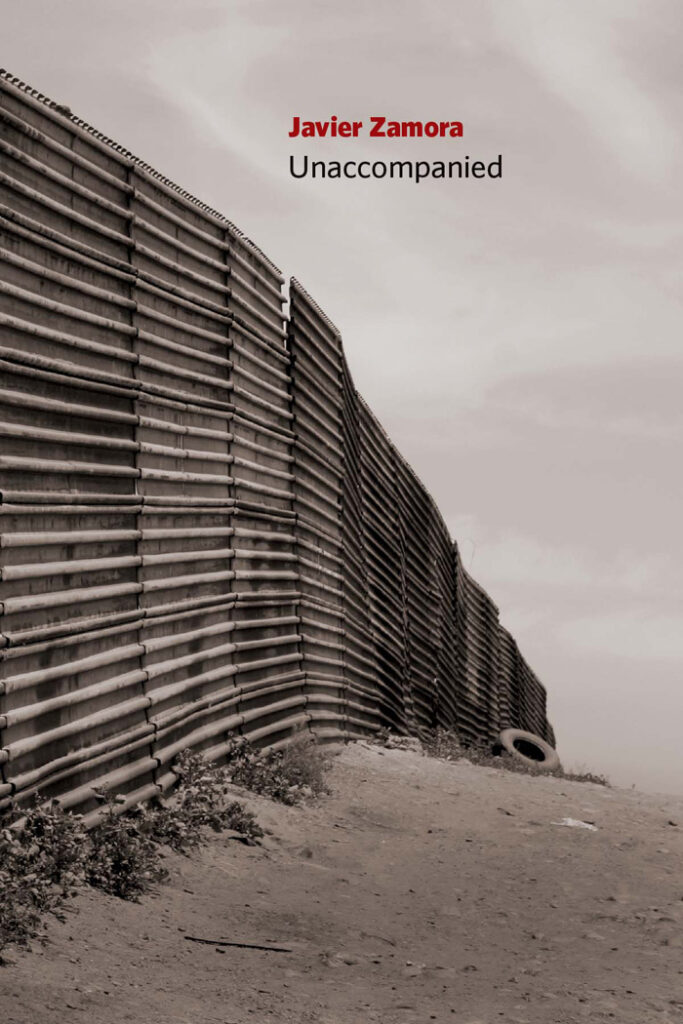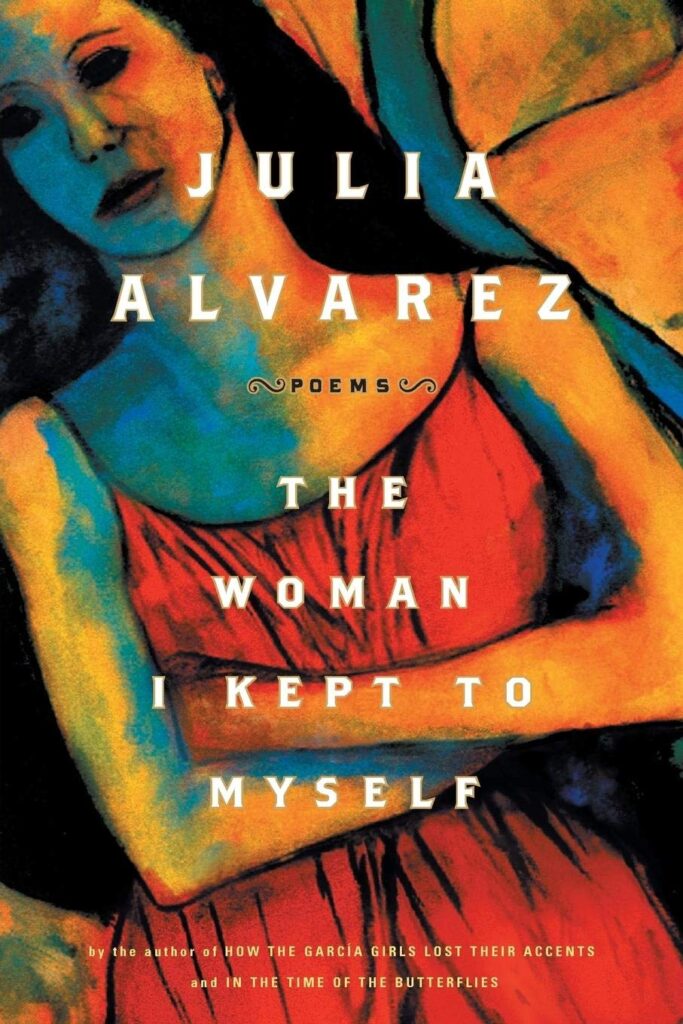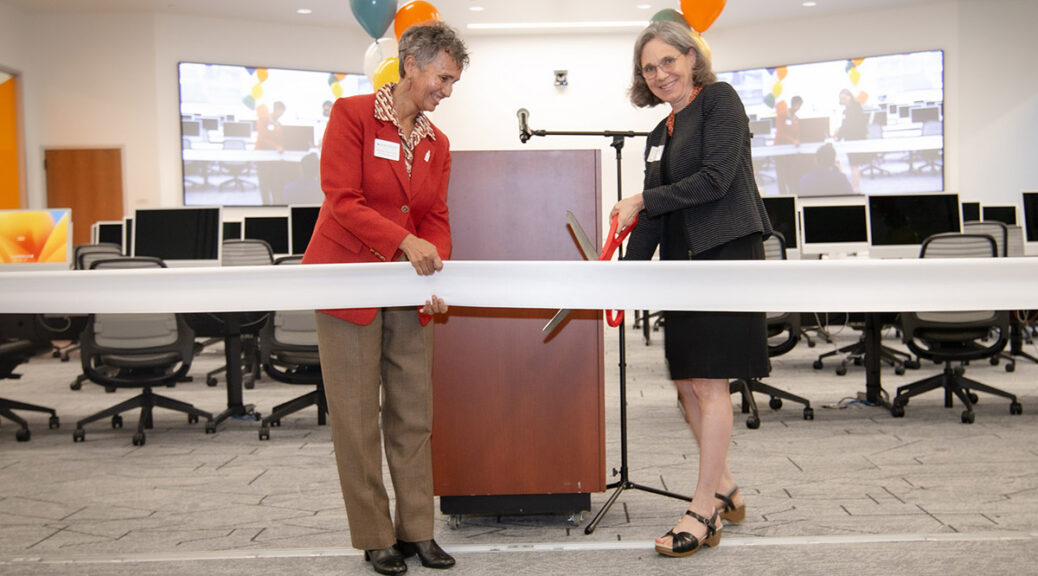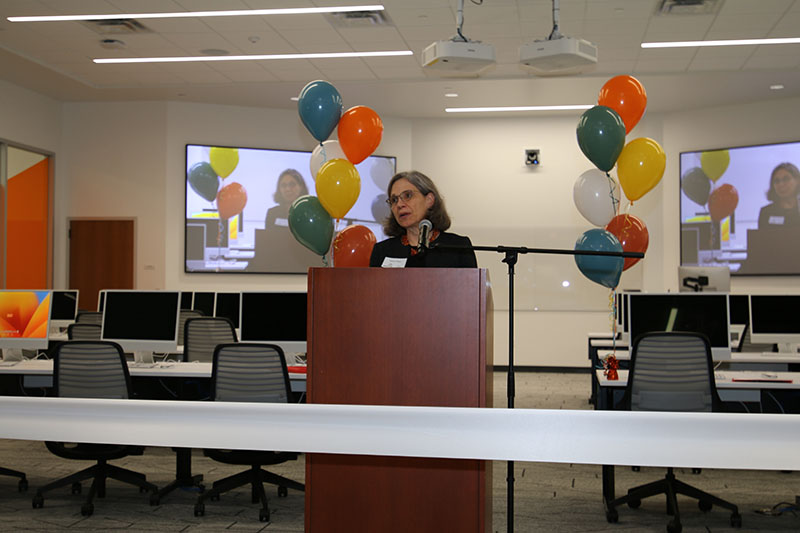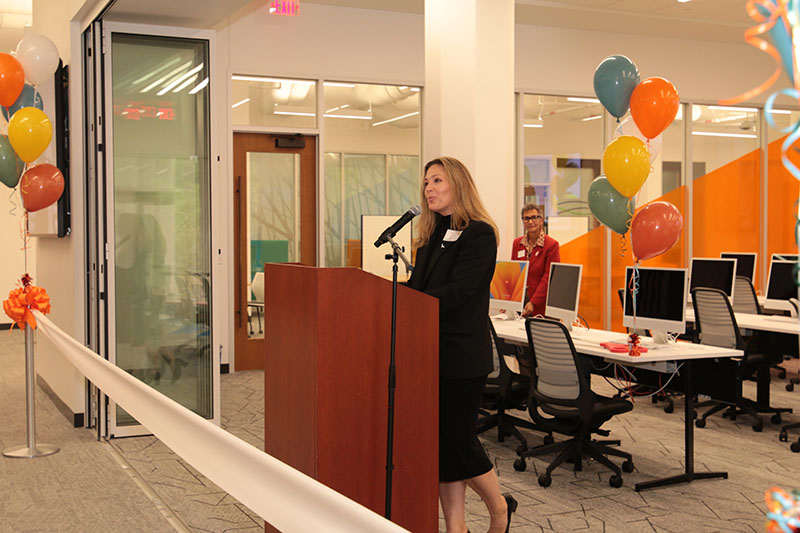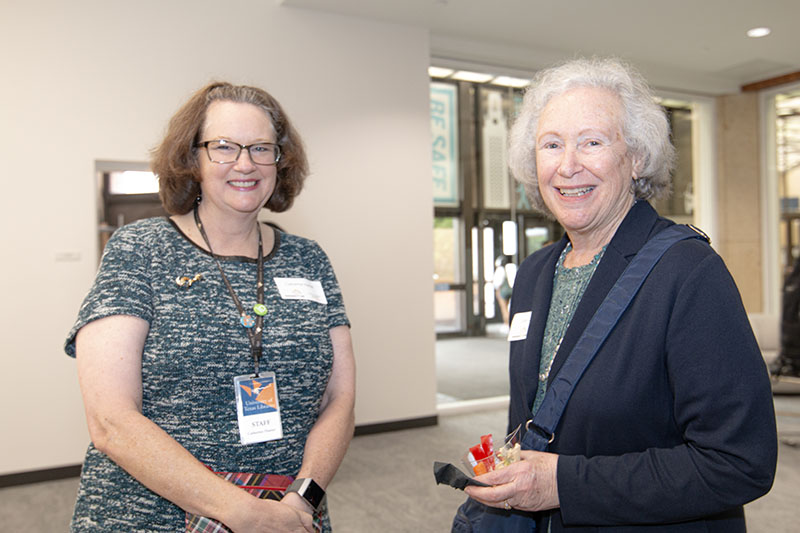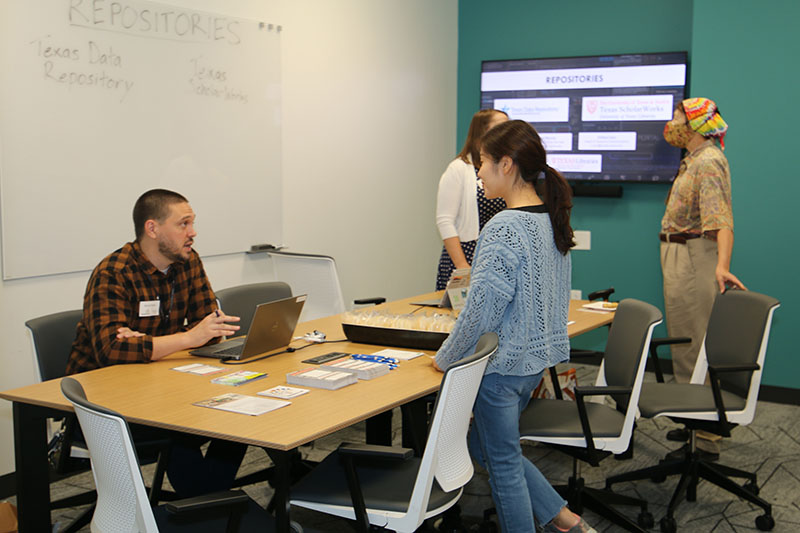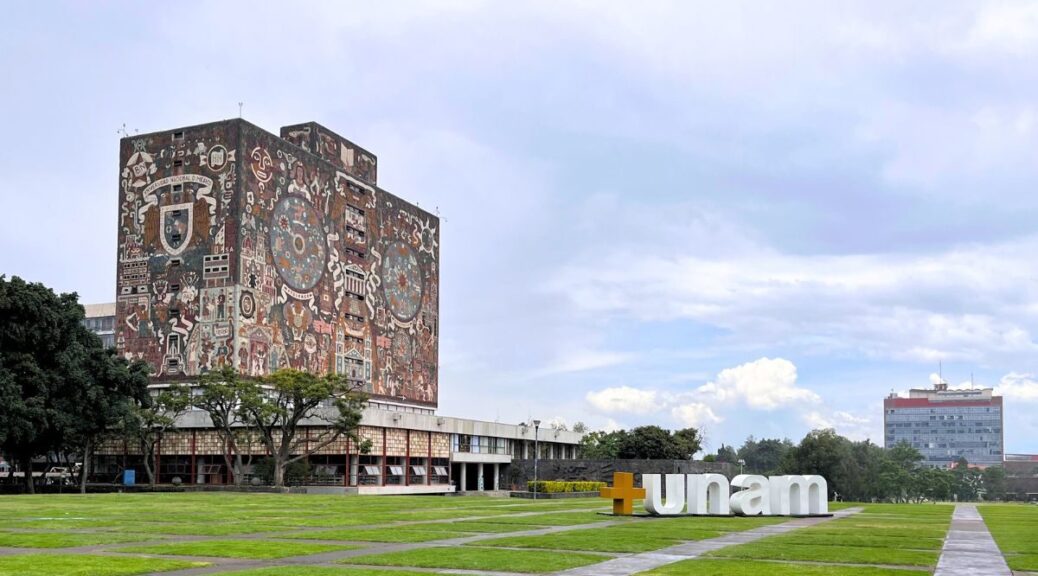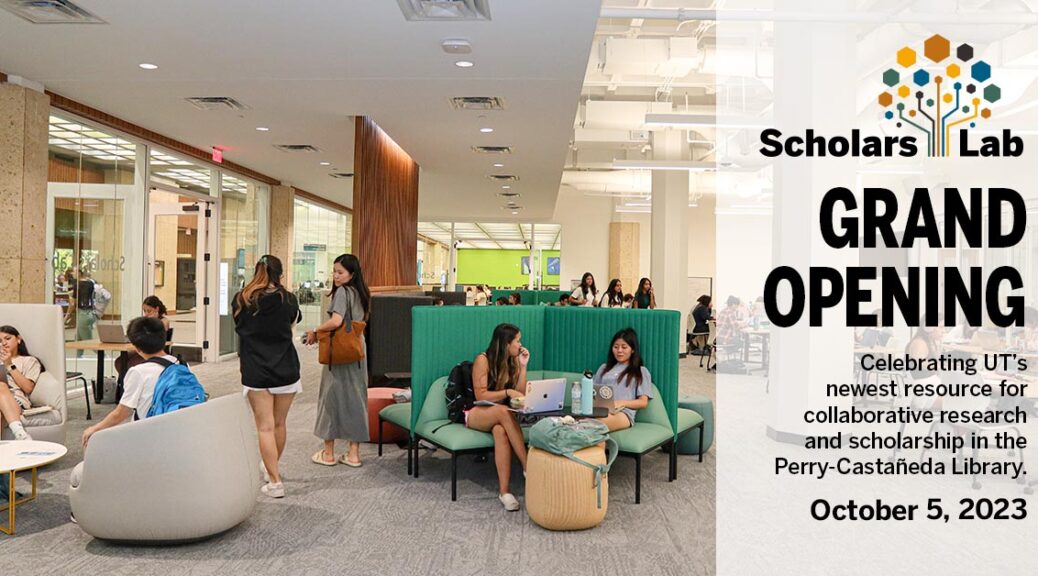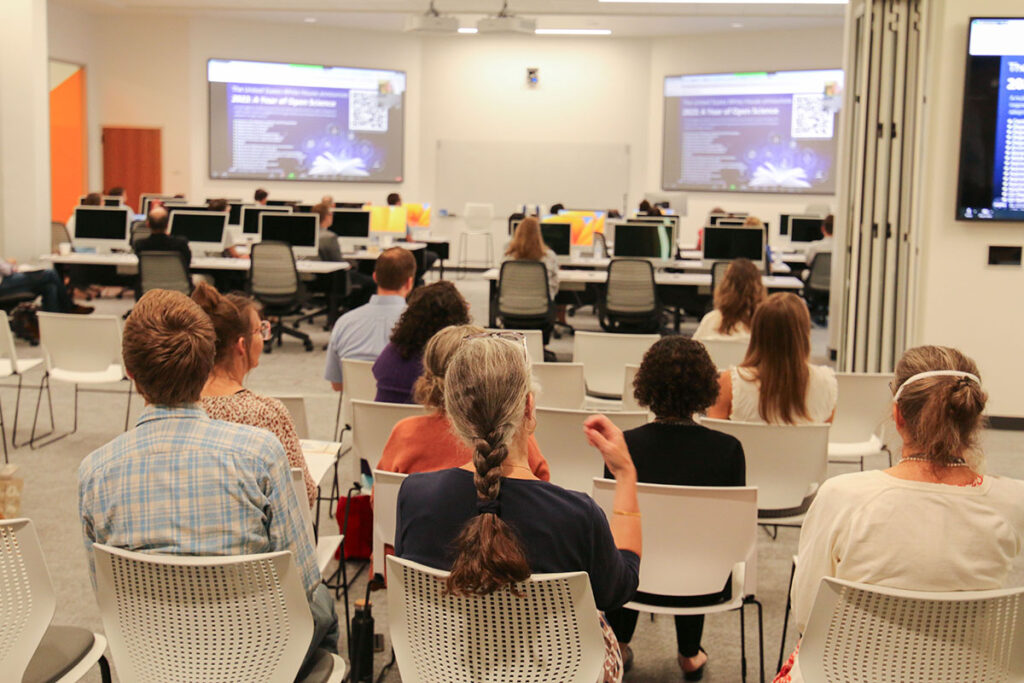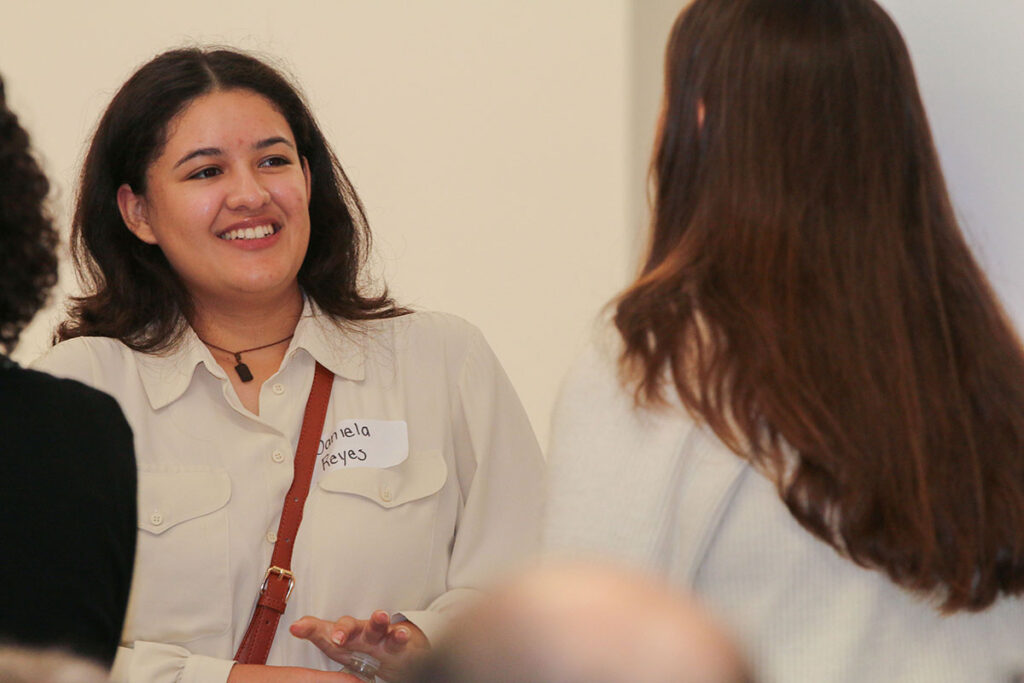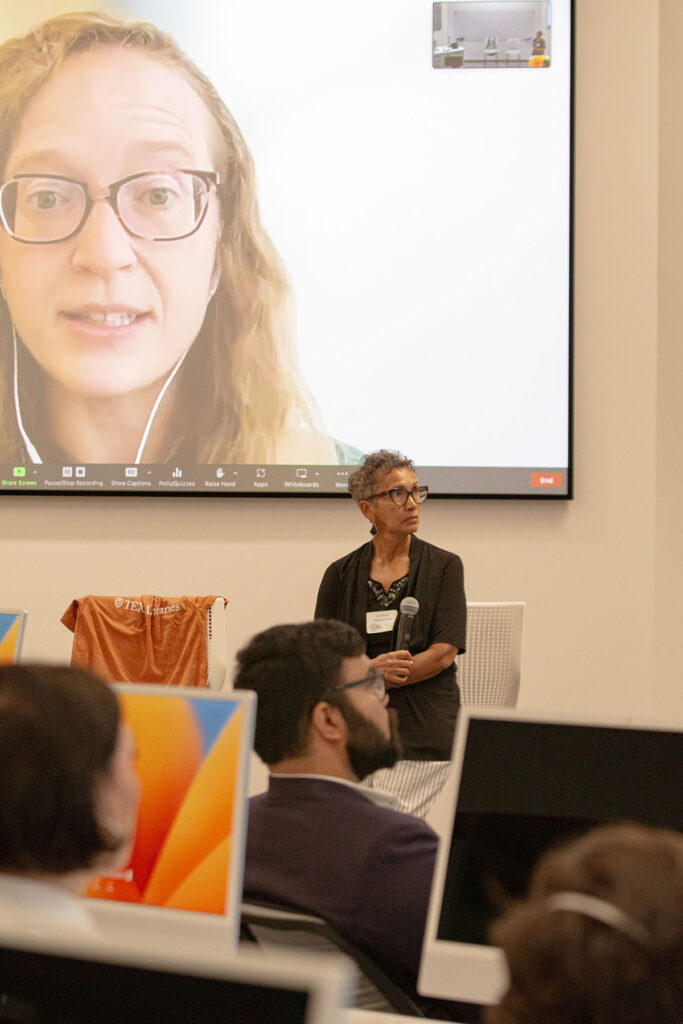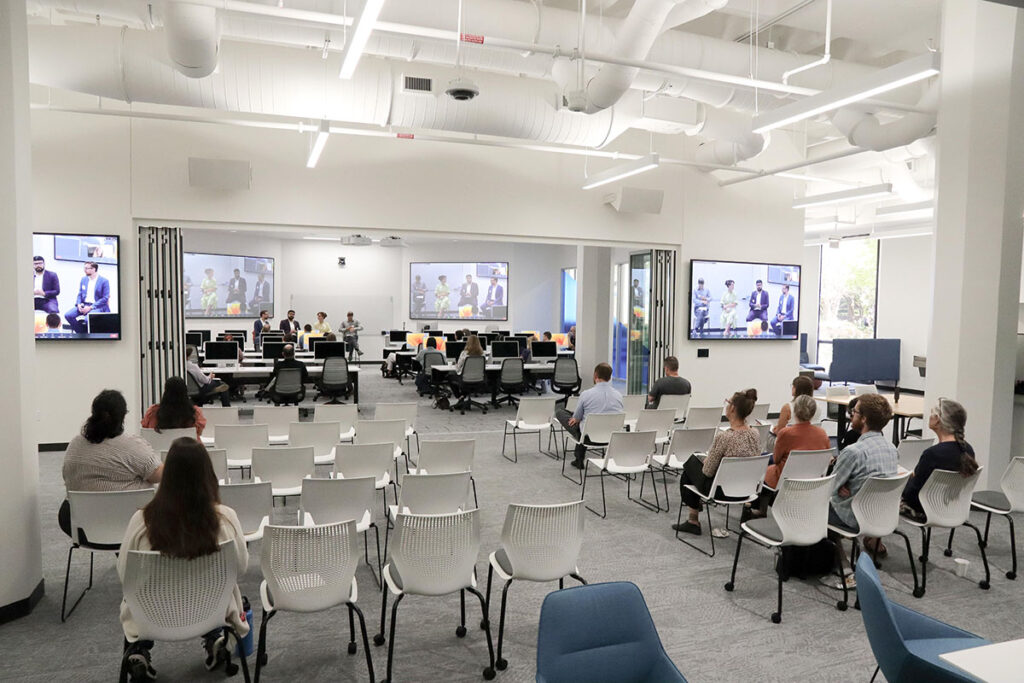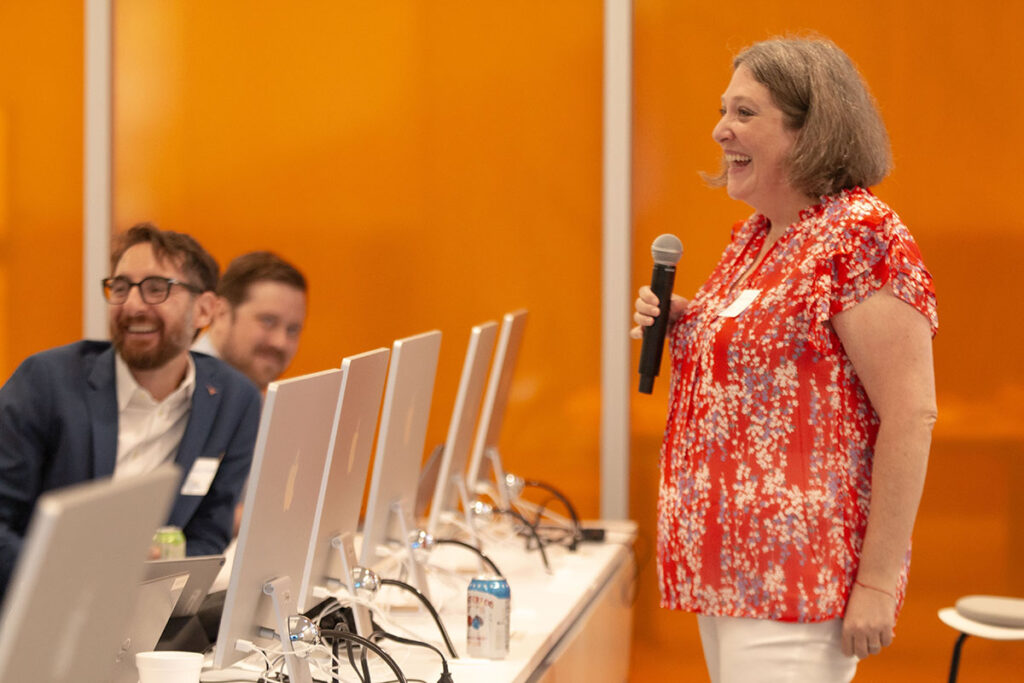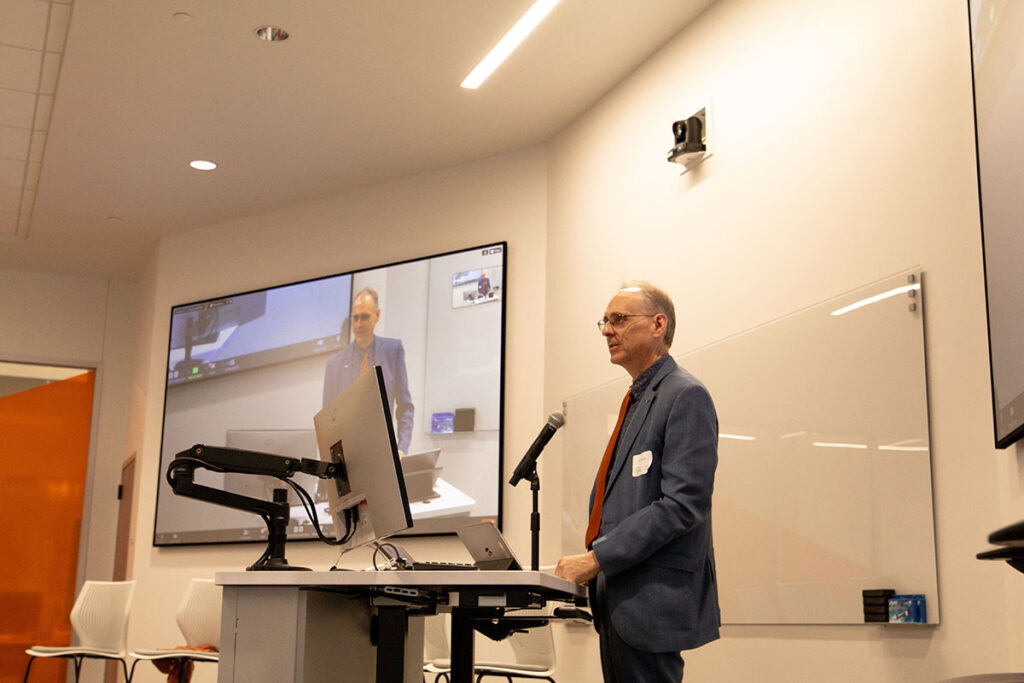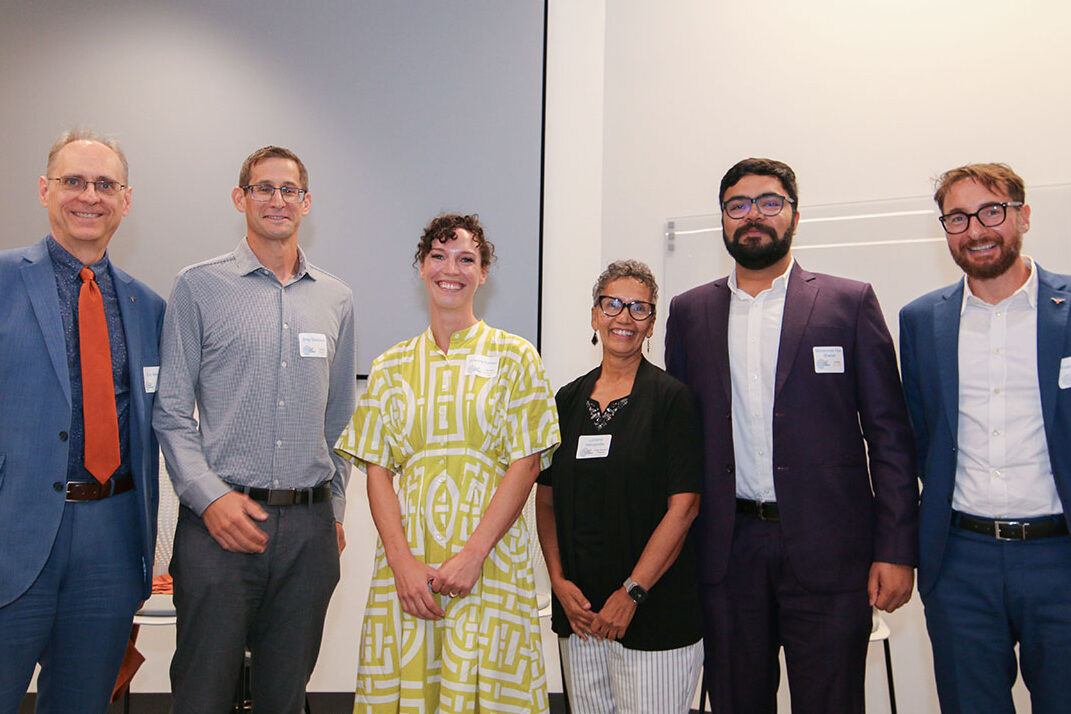A collection of conductor, composer and educator Walter Ducloux is now discoverable on Texas ScholarWorks, the digital repository of The University of Texas at Austin.
Born in Germany in 1912, Ducloux immigrated to the United States in 1933. He held various teaching positions, including as a music professor at The University of Texas at Austin for 28 years. Ducloux was the co-founder of Austin Lyric Opera, and served as the director of the Austin Symphony Orchestra from 1972 to 1980. His contributions to the musical world were vast, influencing countless students and musicians through his work.
The Walter Ducloux collection is comprised of reel-to-reel tapes of historical recordings of operatic and orchestral works dated from 1949 to 1983. The recordings primarily feature performance ensembles from the University of Southern California and The University of Texas at Austin.
The initiative to enhance access to the Ducloux materials was spearheaded by Librarian for Performing Arts Molly Roy, who earlier this year proposed a new workflow to expedite the revelation of previously hidden materials in the Historical Music Recording Collection (HMRC). Roy’s innovative approach not only enhances accessibility but also facilitates the transition of these materials to more appropriate storage at the LSF.
The finding aid can be viewed here, and the bibliographic record is now searchable through the university’s catalog here. These resources enable users to find specific recordings by keyword and determine their exact locations within the Library Storage Facility (LSF).
Researchers and music enthusiasts alike will greatly benefit from this improved discovery of the rich recordings within the Walter Ducloux Collection. This milestone underscores the university’s commitment to preserving and promoting its valuable historical resources.
The successful implementation of this project is a testament to the collaborative efforts of several departments, with key contributions from staff across the Libraries, including Whit Williams and Marjie Lawrence from Content Management, Brittany Centeno and Joey Marez from Preservation and Colleen Lyon from Scholarly Communication. The collective efforts have been crucial in bringing this project to fruition.

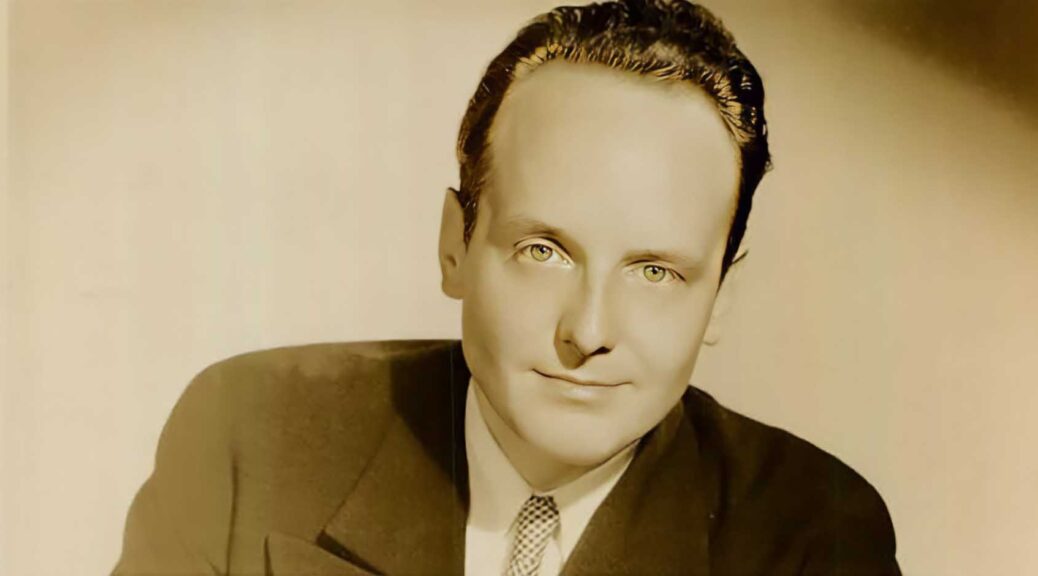
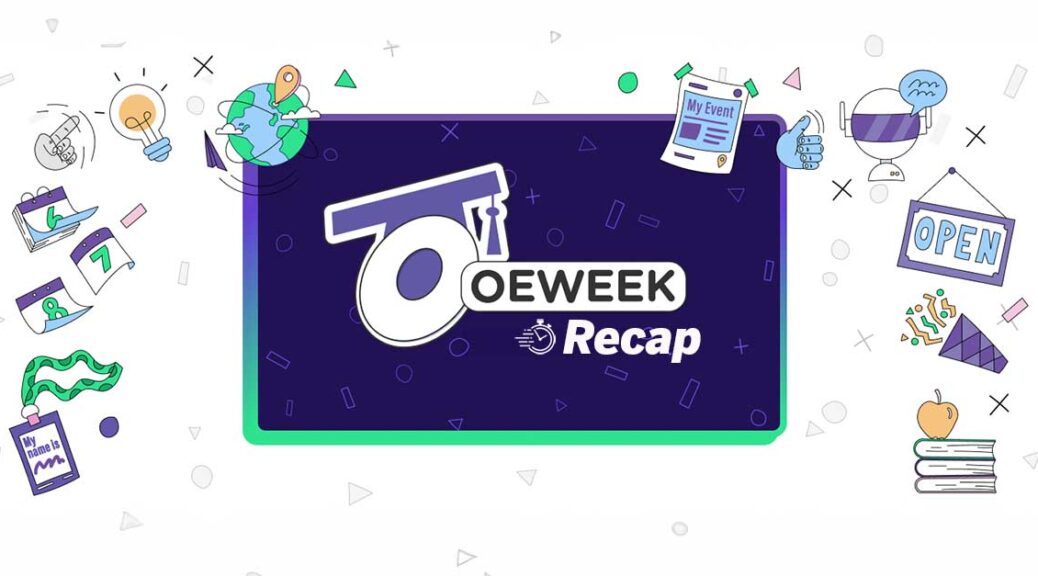
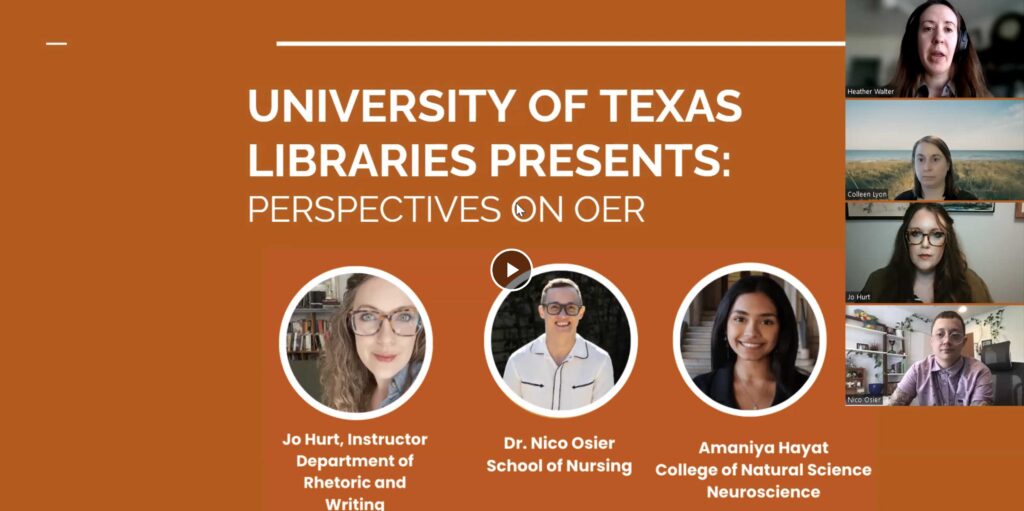
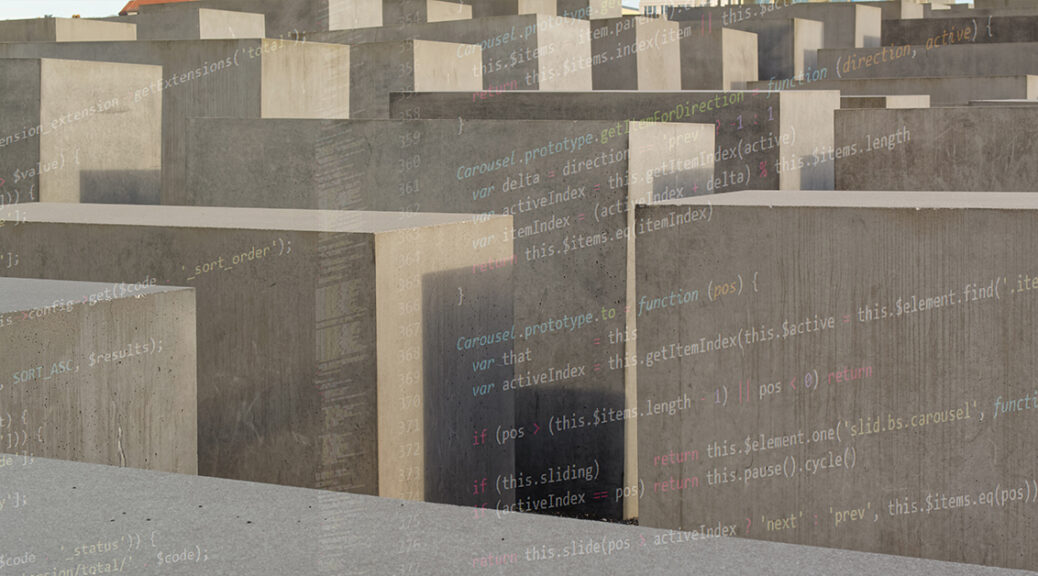

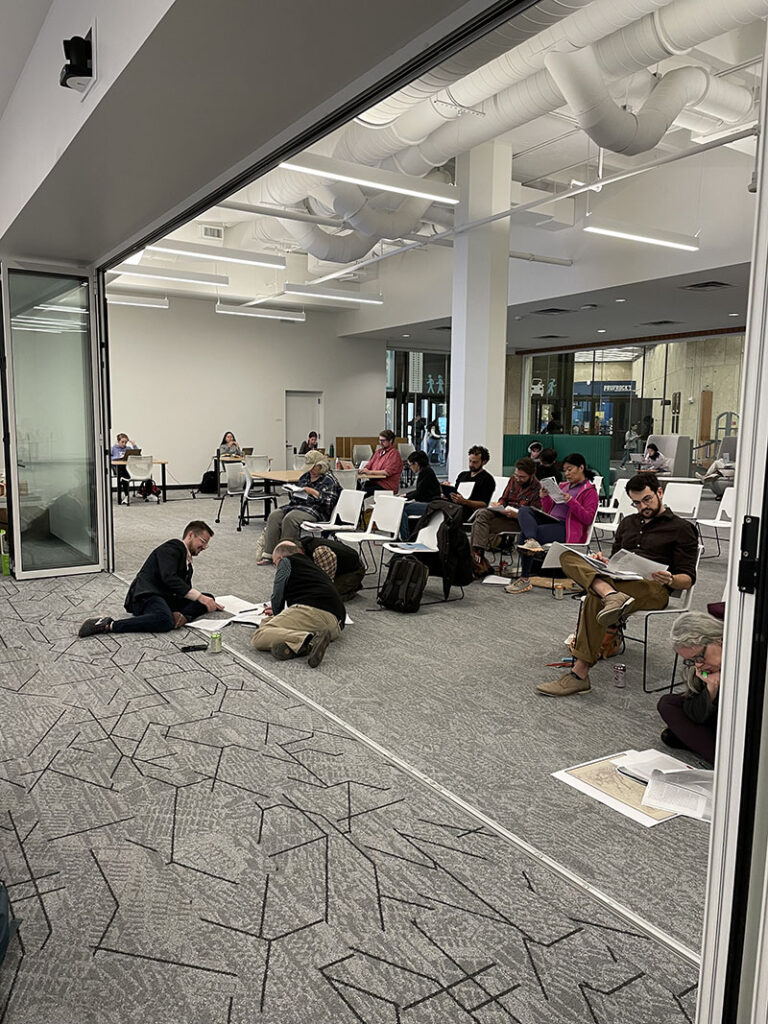
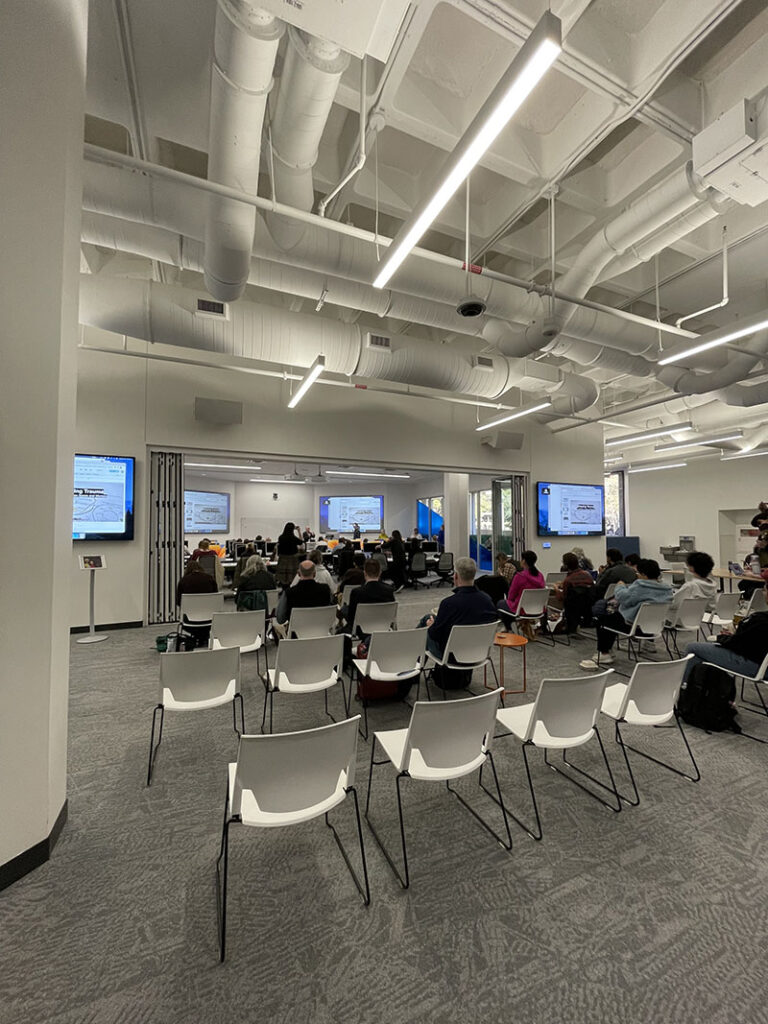
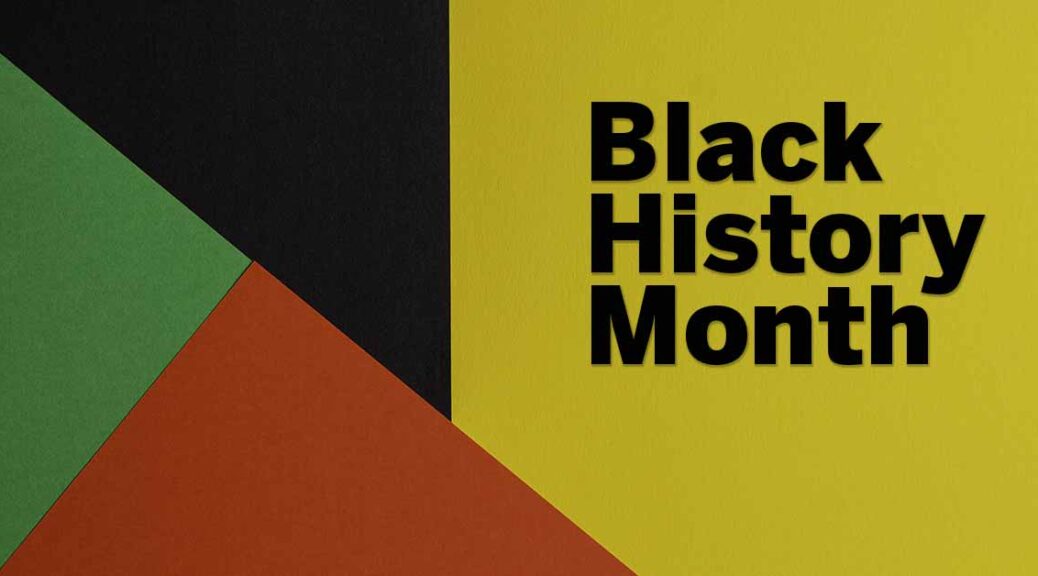
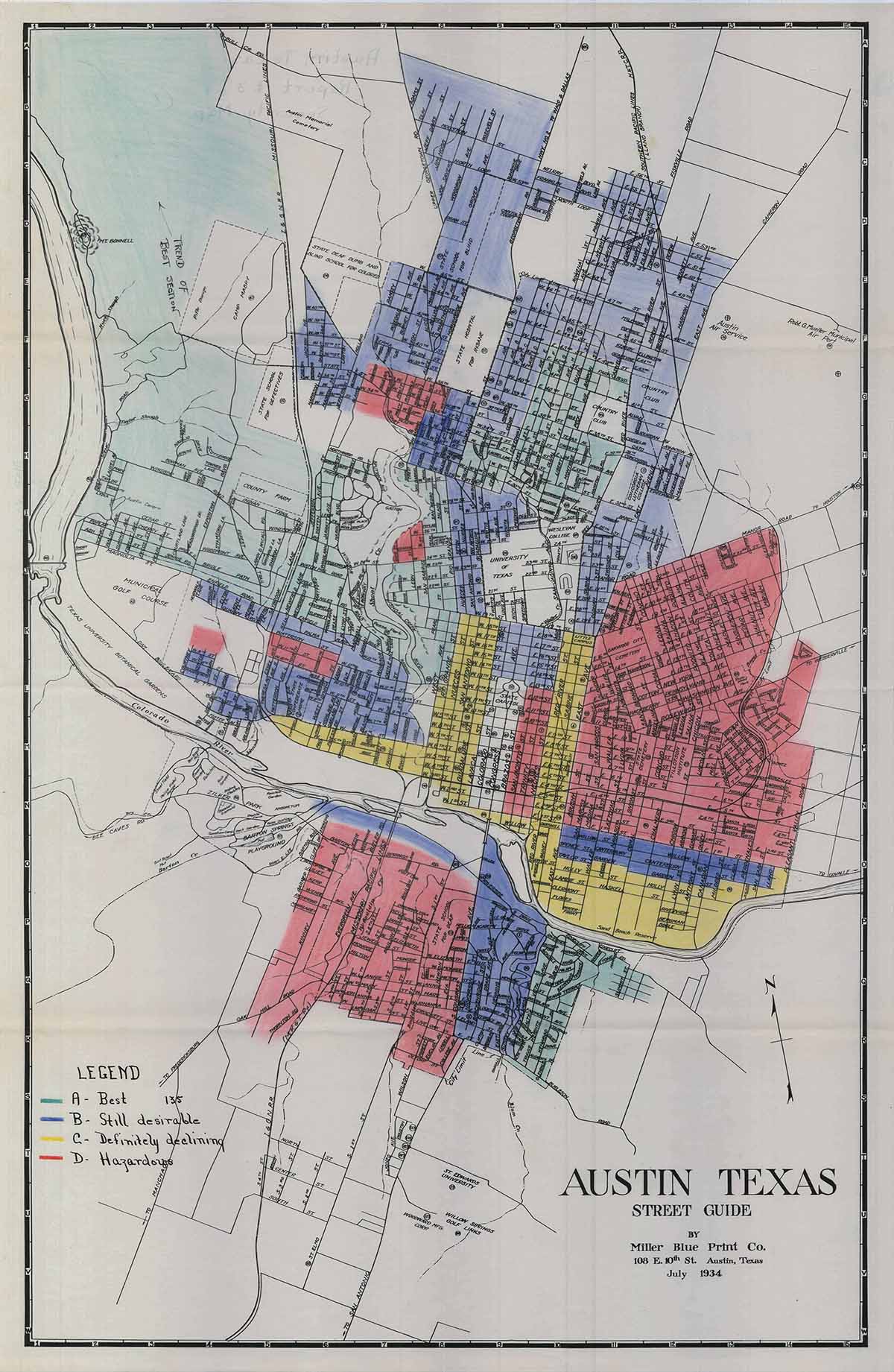
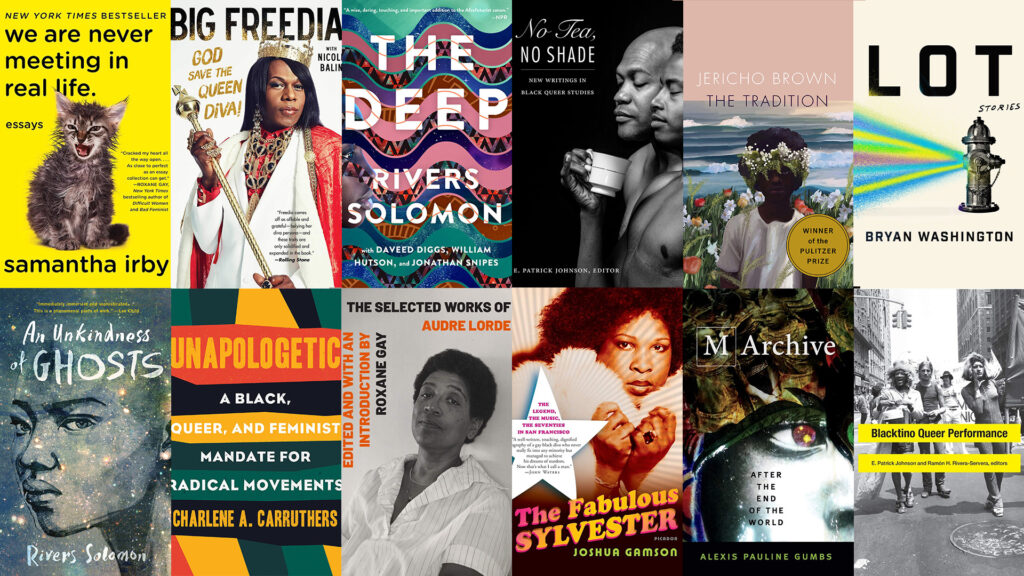
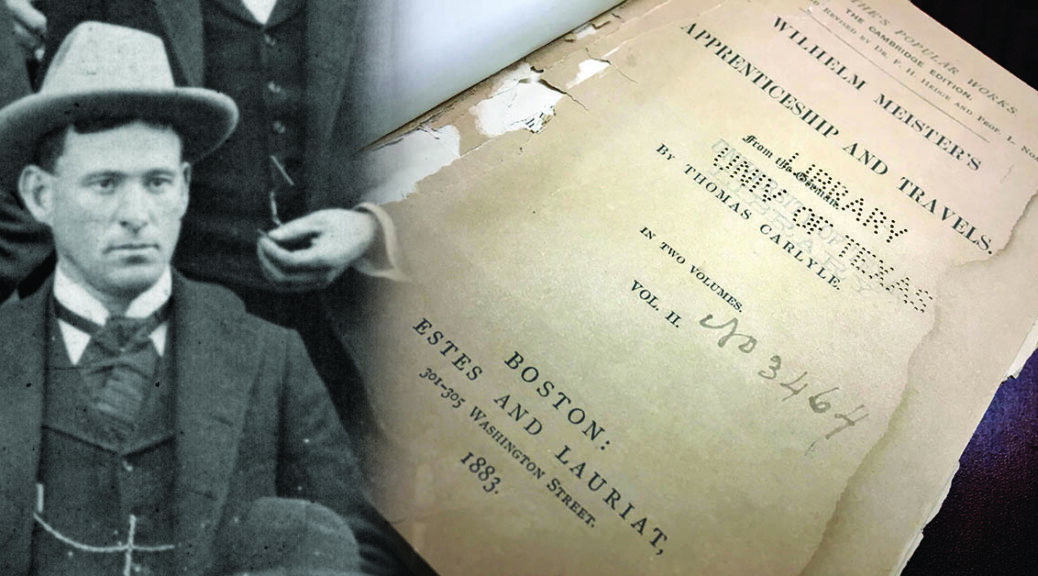
![District Convention, Juneau, Alaska, Oct. 9, 1899. Delegates to District Convention pose with their hats on. Juneau-People-17 [detail] Alaska State Library Photo Collection. Courtesy of the Alaska State Library.](https://texlibris.lib.utexas.edu/wp-content/uploads/2019/06/asl_Juneau_People_17full-sm.jpg)
![John H. Cobb. Juneau-People-17 [detail] Alaska State Library Photo Collection.](https://texlibris.lib.utexas.edu/wp-content/uploads/2019/06/asl_Juneau_People_17.jpg)
